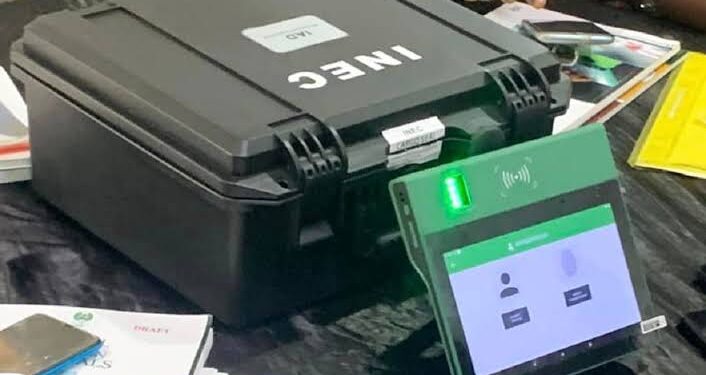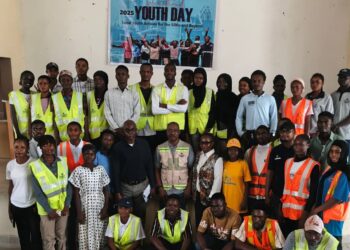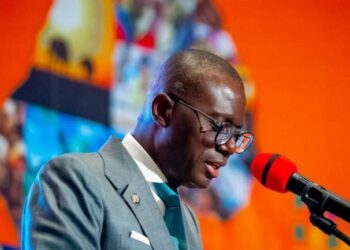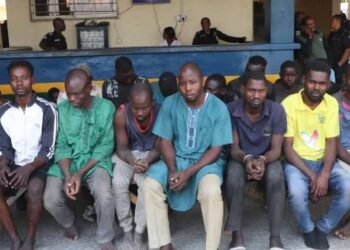Ben Llewellyn-Jones, the British Deputy High Commissioner to Nigeria, says the Bimodal Voting Accreditation System (BVAS) reduced over-voting in the recently concluded February 25 and March 18 general elections.
The envoy who spoke in an interview with Nigeria Info FM on Sunday, said there were huge improvements in the election as compared to other polls in previous years.
He praised the Independent National Electoral Commission (INEC) for promptly uploading results to the election result viewing portal during the Governorship polls.
“Every election must be looked at in terms of the time perspective. From 1999 to 2023, there are huge improvements.
“The BVAS technology did reduce the amount of over-voting considerably. There was improvement even in the three weeks between the presidential and gubernatorial.
“And INEC performance, the IRev upload worked much more quickly dramatically than it had, which is good to see.
“We had a competition in a way that perhaps we have never seen before, the three party candidates during the presidential and more than three candidates in the gubernatorial elections, outside the three big parties,” he said.
The deputy high commissioner applauded the high percentage of new voters, saying it was a sign that citizens were interested in the electoral process and wanted to truly choose leaders for themselves.
He, however, asked the new voters not to be deterred by the outcome of the elections, adding that it takes time and patience to achieve results.
“And the first-time voters this time, some of you may have been disappointed, we understand that.
“Reflect on the importance of engaging not just in the election but in the period up to the election.
“I voted for the first time many years ago and my party lost but I still vote because it matters.
“I know that people will say our expectations were high, we want more now. I understand that, I want more now for democracy in Nigeria too.
“That comes with building from not just from this but before this. You know the efforts that was put in and the efforts they continue to put in.
“The legal challenges that will come which the UK will also be watching extremely closely. It is very important that it is done transparently.
“Democracy is a journey, we have had an experience of democracy in the UK for a lot longer and some of these issues are never going to arise in the UK as they do in Nigeria.
“But in Nigeria the progress is so much quick. It has been 24 years, from 1999 to 2023.
“What’s happened in Nigeria, in terms of the kind of people who are now able to vote, the fact that you have parliamentary democracy, it took hundreds and hundreds of years for the UK to get to that point,” he explained.
(vitalnewsngr.com)





















